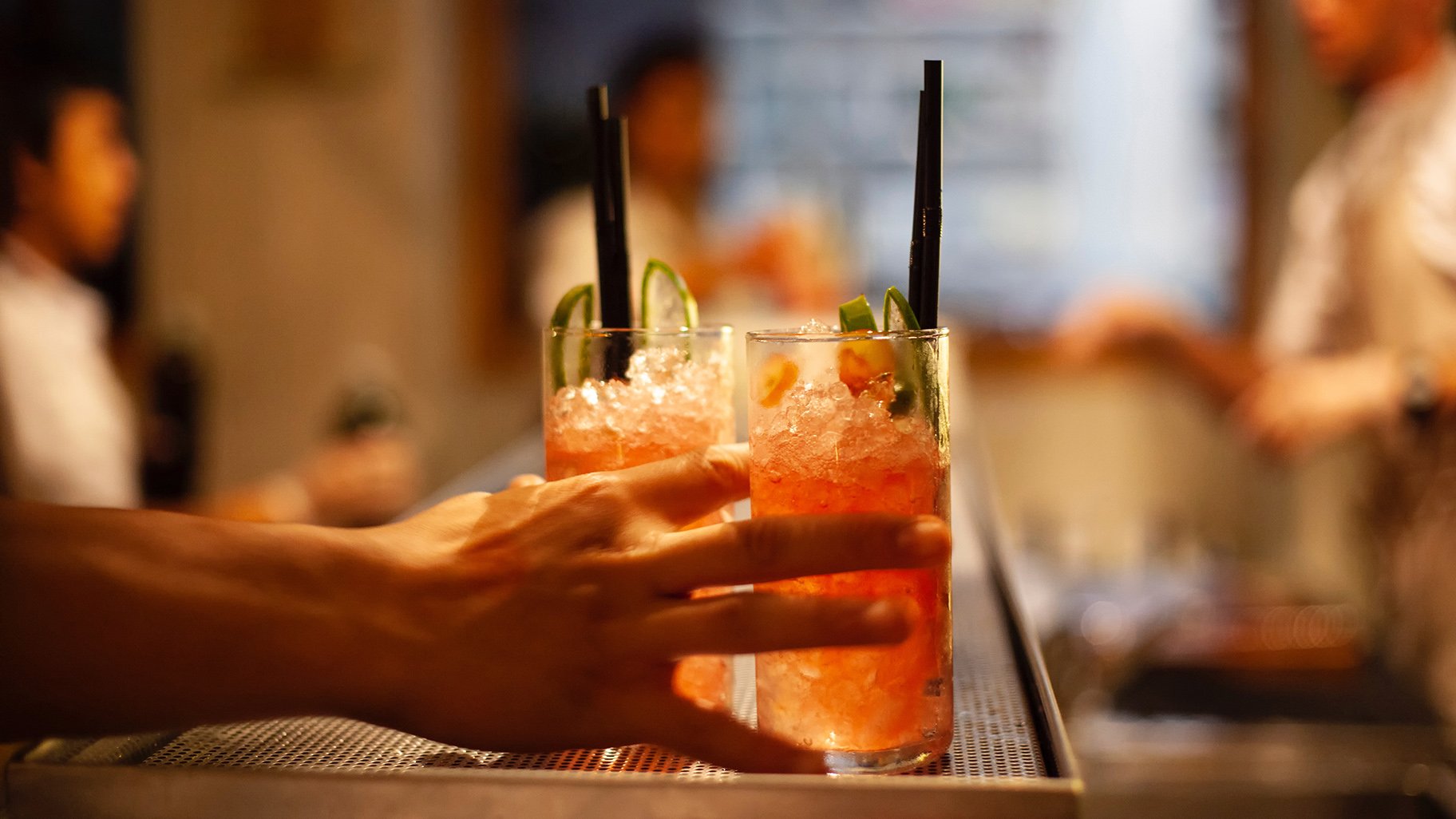I’m sure I’m not the only one who will be sitting at the kitchen table this weekend and tackling Hawaii’s primary ballot.
Don’t feel bad if you’ve put it off. This has been a very weird election season so far. The pandemic has thrown everything into kind of a political haze — no candidates wanting to chat at the front door, no neighborhood forums to drop in on. It even seems like sign-waving has fallen off.
Yet Aug. 8 is almost here. Elections officials urge you to drop your ballot in the mail by Monday — five days early — to make sure it gets in their hands on time.
Here at Civil Beat, covering the virus and its economic fallout has taken a lot of our collective energy. And then came the Black Lives Matter protests, and an almost hurricane. I think there was a legislative session or two or three in there somewhere.

The pandemic may have disrupted traditional campaigning this election season, but candidates are still finding ways to get their messages out, like this giant sign on King Street.
Cory Lum/Civil Beat
But we’ve tried to keep up with the campaign politics, too. So here’s a quick guide to how to find plenty of information to help you decide how to mark your ballot.
We have a special section on the candidates running for Honolulu mayor, arguably the biggest race on the ballot this year for Oahu residents. Mayor Kirk Caldwell is term-limited out, leaving the seat open. Although 15 people filed for the office, five of them quickly surfaced as leading contenders, raising hundreds of thousands of dollars in campaign contributions and attracting solid response from potential voters in early polls.
This year, more candidates than ever completed our questionnaires that seek to get at their views on the issues we think are important. I think many of them probably found the Q&As a good way to get their information before the voters at a time when the traditional campaign tactics were disrupted by a pandemic.
The best way to find the ones you’re interested in is on our Hawaii Elections 2020: Primary Election Ballot. If there’s no link, that means the candidate did not respond, possibly because they didn’t have a contested primary race. (Candidates: Our elections editor, Richard Wiens, will be pestering you again once the primary is over and we hope to get even more Q&As published in time for the general election on Nov. 3.)
Of the 329 people seeking elective office across the islands, 202 responded to Civil Beat’s surveys. All of those responses have now been published.
In 2018, about 140 candidates had responded to surveys at this point, and in 2016, the pre-primary total was 104.
Of the 20 candidates for the Honolulu City Council, all but two answered the surveys. The opportunity to learn more about their views is especially important this year, when not a single incumbent is running in any of the five races.
Honolulu is also due for a new mayor, and 12 of the 15 candidates answered the surveys, including all of the major contenders. Ditto for Honolulu prosecutor, where we got responses from five of the seven office-seekers.
Neighbor island candidates are also well-represented, with 11 responses from the field of 15 for Hawaii County mayor, 12 out of 20 for Maui County Council and 14 of 21 for the Kauai County Council.
And remember that all Hawaii voters get a say in the Office of Hawaiian Affairs elections. We received responses from 18 of 24 OHA candidates. The OHA Q&As are some of the most clicked on every year and this year they’ve already been viewed by thousands of readers.
Many of the office-seekers consider this a seminal moment for the islands: an opportunity to make the visitor industry both more profitable and less harmful to our environment while also encouraging an agricultural renaissance and the growth of new industries to make us more self-sufficient.
They also sound off on issues such as police accountability, climate change preparations and government transparency before identifying their own top concerns and reasons for running.
Our news stories and columns on the 2020 elections and candidates can be found on this landing page: Elections 2020.
And our Hawaii Elections Guide 2020 provides a lot of information on the races, the parties and campaign finances along with important links to state and county election sites and even places you can follow the money and the politics on your own.
This is the first year Hawaii elections will be conducted solely by mail. State elections officials say they sent out more than 700,000 ballots and already many have been returned.
Honolulu elections officials said nearly 120,000 had been returned by late this past week, sparking hopes that turnout will be much improved.
 Sign up for our FREE morning newsletter and face each day more informed.
Sign up for our FREE morning newsletter and face each day more informed.
"Here" - Google News
August 01, 2020 at 11:57AM
https://ift.tt/3jZFEVU
Quit Procrastinating: Hawaii's Primary Election Is Almost Here - Honolulu Civil Beat
"Here" - Google News
https://ift.tt/39D7kKR
Shoes Man Tutorial
Pos News Update
Meme Update
Korean Entertainment News
Japan News Update


:no_upscale()/cdn.vox-cdn.com/uploads/chorus_asset/file/21689552/about_this_ad_google.jpg)









:no_upscale()/cdn.vox-cdn.com/uploads/chorus_asset/file/25244079/4.png)